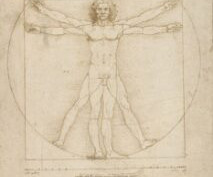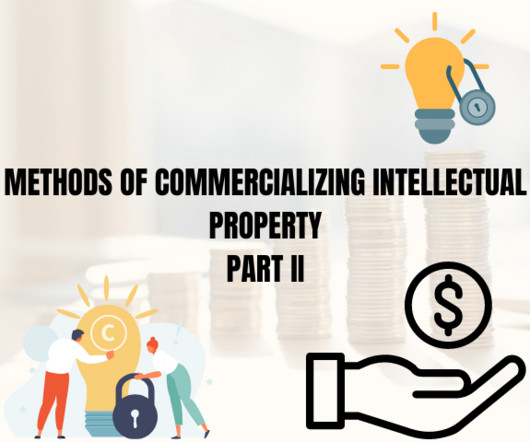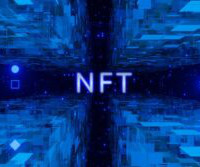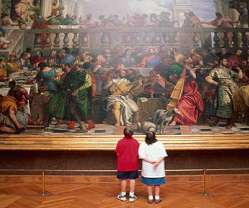The puzzled tie of copyright, cultural heritage and public domain in Italian law: is the Vitruvian Man taking on unbalanced proportions?
Kluwer Copyright Blog
APRIL 5, 2023
1] The artwork is held by the Italian state museum Gallerie dell’Accademia of Venice, which, along with the Italian Ministry of Culture, initiated the precautionary proceeding against the German company Ravensburger and its Italian subsidiary for producing and selling the puzzle and reproducing the work’s image. 633/1941, l.













Let's personalize your content